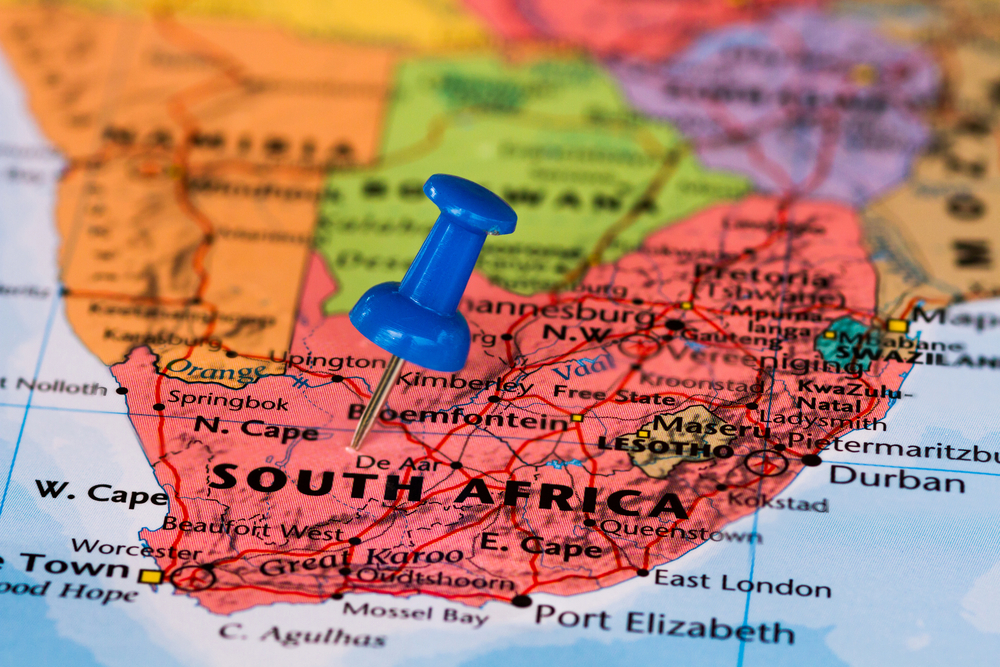Governments and policymakers are usually not for Bitcoin by any stretch of the imagination. In South Africa, however, regulators are taking a positive stance towards cryptocurrencies. While this is no guarantee for a sandboxed environment in which Bitcoin and blockchain will thrive, it is a step in the right direction.
South African Regulators Warm Up To Bitcoin?
Similarly to nearly every country in the world, South Africa continues to fly below the Bitcoin radar. Back in 2014, the country’s central bank released a whitepaper explaining the potential dangers of cryptocurrency. They also warned consumers and businesses to stay away from bitcoin, as they would be dealing with it “at their own risk.”
Fast forward to today, and it appears that attitude towards cryptocurrency is a thing of the past. In fact, South African regulators are starting to see the potential of Bitcoin and what tit could mean for the local economy. To be more precise, several incubators in the country, which mostly focus on Fintech, are keeping an open mind towards Bitcoin and blockchain as well.
On top of that, South Africa has hosted several conferences about cryptocurrency and blockchain already. Although these may have been non-recurring events, it goes to show many people see South Africa as an innovation hub. Plus, there are quite a few interesting startups active in the country which want to take bitcoin and blockchain to the next level.
It is not entirely surprising several South African banks are exploring distributed ledger technology these days. Since nearly every financial institution is doing “something” with a blockchain right now, no one wants to be left behind. Absa, one of the country’s major banks, became an R3 member earlier this year.
While all of these signs point towards a positive future for cryptocurrency and blockchain in South Africa, there is still a long way to go. Not unlike other countries, far too many South Africans have no idea what these concepts are, or why they even matter in the first place. Educational efforts are direly needed to take these concepts mainstream, even though an open-minded regulatory system will certainly help things move along.
Header image courtesy of Shutterstock
